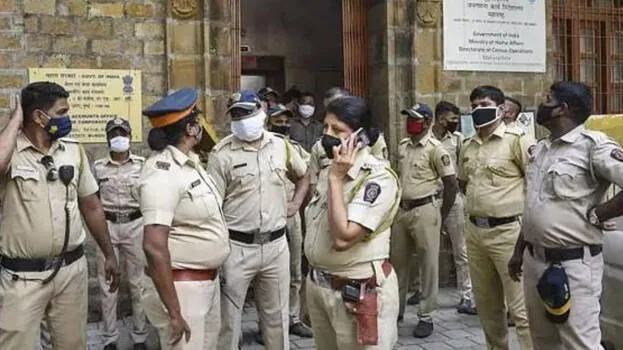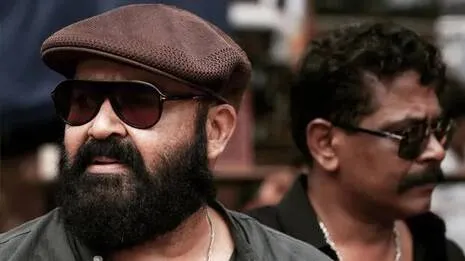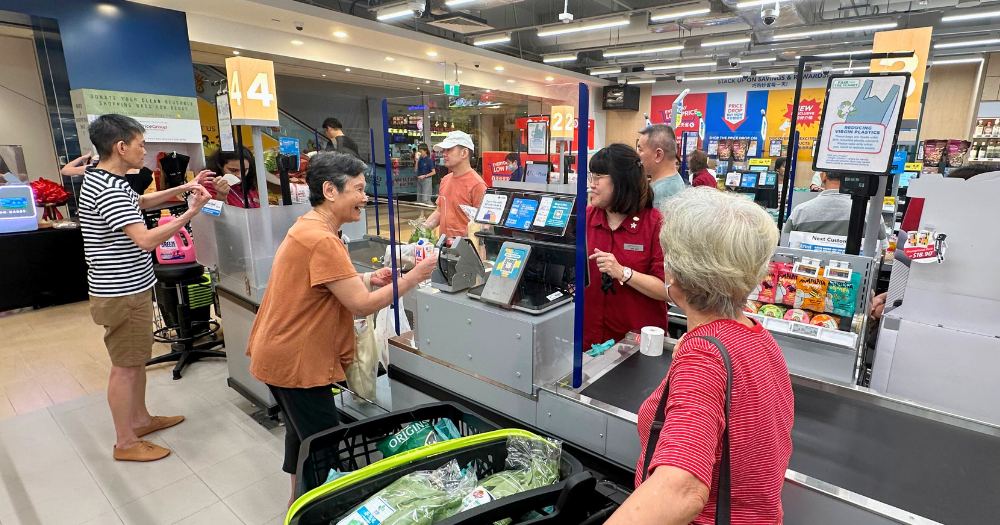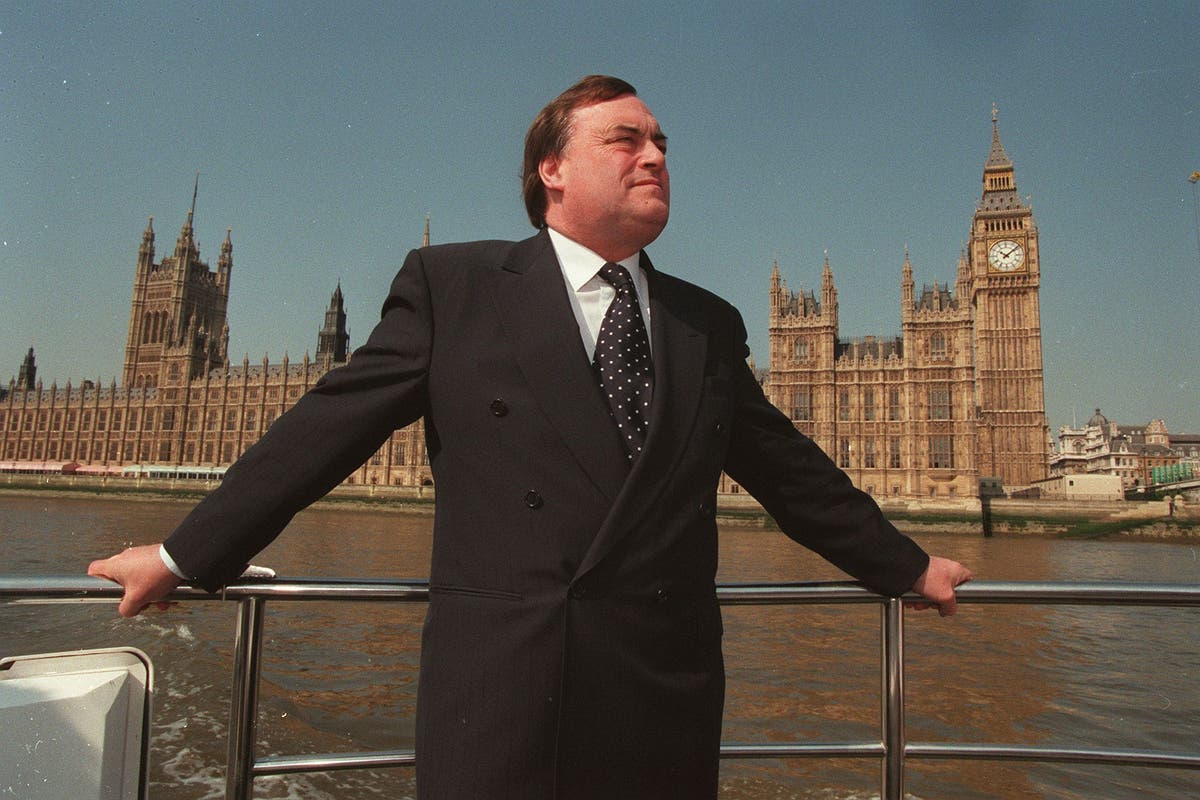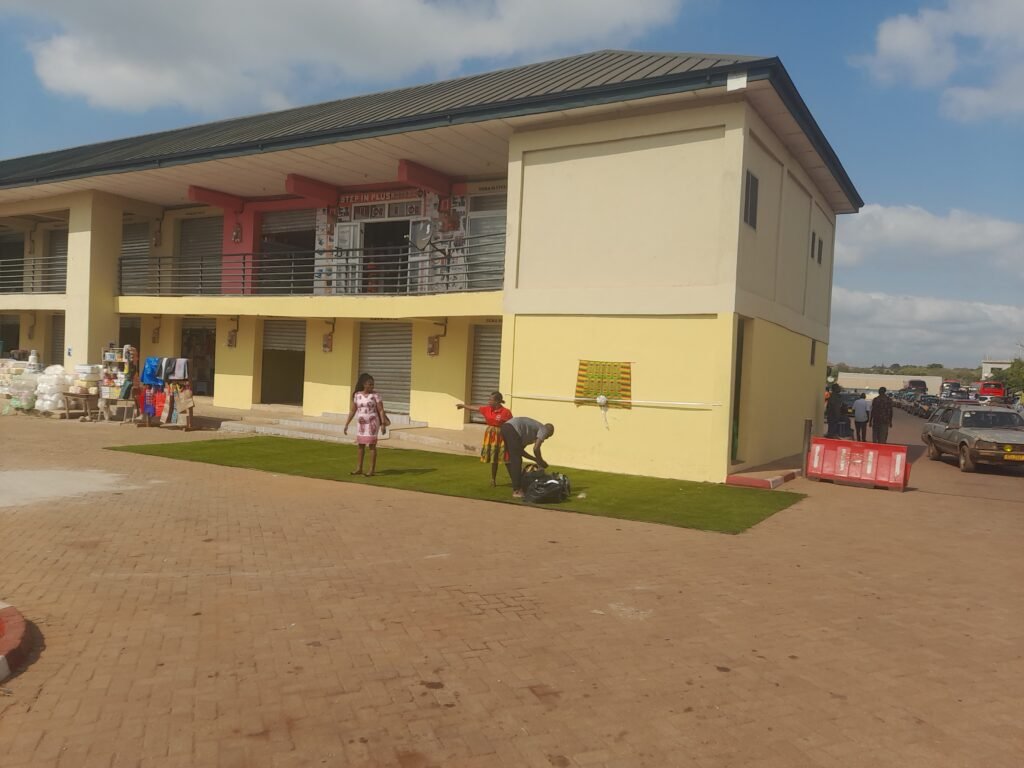
Chief Julius Momo Udochi was the first Nigerian Ambassador to the United States of America, 1960–1965. He was a Teacher 1931–1938; a Customs Officer in the Nigerian Civil Service 1938–1945; Assistant Secretary, Nigerian Secretariat 1945–1947; Hon. Provincial Secretary Nigerian Civil Service Union, Co-Editor “The Nigerian Civil Servant” 1939–1945; Called to the English Bar as a Barrister at Law by the Middle Temple in 1950; He practiced Law 1950–1960.
He was Chairman of the Federal Non-Government Teacher’s Salary Commission and a Member of the Mission to the World Bank, 1958; Hon. Secretary of the Nigerian Bar Association and Member of the Committee on Legal Education, 1955–1959; Member of the House of Representatives of Nigeria, 1954-1959 and 1965–1966; Hon. Attorney-General and Commissioner of Justice, Mid-Western State of Nigeria, 1967–1975.
Chief Jaja Anucha Ndubuisi Wachuku (January 1, 1918 – November 7, 1996) was a Pan-Africanist and a Statesman, Lawyer, Politician, Diplomat and Humanitarian. He was the first Speaker of the Nigerian House of Representatives; as well as the first Nigerian Ambassador and Permanent Representative to the United Nations. Also, Wachuku was the first Nigerian Minister for Foreign Affairs.
Notably, Wachuku was a Royal Prince of Ngwaland, “descendant of 20 generations of African chiefs in the South East”. He was elected to the Senate in 1979 on the platform of NPP and became the leader of the NPP in the Senate. He later became the Vice Chairman of Senate Committee on Foreign Affairs.
During the period, I became his friend. Senator Nwachukwu had a lot of political experience. From 1960 to 1961, Wachuku served as first Ambassador and Permanent Representative of Nigeria to the United Nations in New York, as well as Federal Minister for Economic Development.
He hoisted Nigeria’s flag as the 99th member of the United Nations on October 7, 1960. Accordingly, Wachuku was instrumental to Nigeria becoming the 58th Member State of United Nations Educational, Scientific and Cultural Organisation (UNESCO) on Monday 14 November 1960. Also, as First Ambassador of Nigeria to the United Nations, Wachuku represented the country at the independence celebrations of Tanganyika – now known as United Republic of Tanzania.
At the United Nations, with support from UN Secretary General Dag Hammarskjöld, the member nations elected Wachuku the first African to chair a United Nations Conciliation Commission, making him Chairman of the Conciliation Commission for the Congo from January to March 1961. Initial proposal and nomination of Wachuku to be mediator in Congo came from Paul-Henri Spaak of Belgium, to which “Wachuku responded favorably on condition that U Thant, Cyrille Adoula and Moïse Tshombe agree.” Chief Simeon Olaosebikan Adebo (October 4, 1913 – September 30, 1994) had his secondary education at King’s College, Lagos in 1932 and studied law at London School of Economics, where upon graduation he was admitted to the bar.
Chief Adebo worked at the Federal Ministry of Finance and in 1961 became head of the Civil Service and Chief Secretary to the Government of then Western Region. He was appointed Nigeria’s Permanent Representative at the United Nations from 1962 to 1967 and as United Nations under Secretary General and Executive General of the United Nations Institute for Training and Research until 1972. After the end of the Nigerian civil war, Nigerian Head of State General Yakubu Gowon instituted a commission to review wages and salaries of Nigerian workers and to look into means of ameliorating the economic conditions of workers, the importance of the commission was due to the rise in cost of living as a result of uncontrollable inflation during the civil war.
Simeon Adebo was called to head the commission which later became known as the Adebo commission. Workers who had demanded wage increases were happy for the choice of Chief Adebo, he was seen as an apolitical administrator who could look thoroughly into workers plight and investigate the concerns of workers in the civil and private sector. An earlier government review of wages, which called for wage increases in 1964 had been followed by the private sector.
In its first report, the commission under Chief Adebo, recommended a COLA or Cost of Living Award for all workers, ranging from $10 increases to $24. Chief Lawrence Odiata Victor Anionwu was the first Nigerian Permanent Secretary of the Ministry of External Affairs and the country’s first ambassador to Rome. Those achievements made Chief Anionwu outstanding in the history of administration in modern Nigeria, for he not only oversaw the work of an important government department during the formative years of Nigeria’s independent foreign policy, but also rose to become one of the leading envoys of Nigeria.
Chief Anionwu was at the Imperial Defence College in London, and on his return to Lagos, was posted to the Ministry of External Affairs where he served as the first Nigerian Permanent Secretary from 1960 until 1963. An able officer, he soon displayed the exemplary qualities that won the admiration and respect of his colleagues. Three years later he was given the task of opening the Nigerian Embassy in Rome where he was the country’s first representative.
He was to go to London as High Commissioner in 1967 when civil war broke out in Nigeria, thus interrupting his diplomatic career. Chief Anionwu retired from the public service when the civil war ended in 1970, but continued to make generous contributions towards community development in his home town, Onitsha. Among the projects he was involved in was the reconstruction of the Emmanuel Church.
He also served on the Board of the Central Water Transportation Service based there. He died from a stroke in London, where he was visiting, in 1980. Alhaji Abdul Maliki was Nigeria’s first High Commissioner to the United Kingdom.
He was born in 1914 to the Attah of Igbirra Kingdom, traditional ruler of the Igbirra group in what is now known as Kogi state. He was educated at Katsina Training College. He taught at Okene Middle School in his home area in 1934-1935, and was then appointed supervisor of Native Authority Works, a post he held from 1936 to 1939.
He held other posts in a rapid rise in the service of the colonial administration in the Northern Provinces. In 1939-1940, he was Provincial Clerk in Katsina, an important post for a Nigerian in the colonial government service at that time. In 1940, he was appointed to an even more important post, that of Chief Executive Officer of Igbirra N.
A. He also became chairman of Okene Town Council, the first elected municipal council in the former Northern Region. He was thus one of the most prominent members of the Igbirra (or Ebira) community, while in the Public Service.
He went on a Local Government course in Britain in 1950. He was a member of the Northern Region House of Assembly and then of the Federal House of Representatives from 1952 to 1955. He was a member of the Northern People’s Congress (NPC).
In 1955 he was appointed Commissioner to the United Kingdom for Northern Nigeria; he held this post until 1958, and during this time was made Commander of the Order of the British Empire (CBE). He joined the Federal diplomatic service in 1958. On the independence of Nigeria in 1960 he was appointed the first High Commissioner to the United Kingdom.
He served for six years in what was then the most vital diplomatic post representing Nigeria overseas. In mid-1966 he was transferred to France as ambassador there, a difficult post because of France’s support for the secessionists in the civil war then still raging. He died in the middle of 1969 while on leave at home.
Chief Edwin Ogebe Ogbu was born on December 28, 1926 to Chief Ogbu Iyanga, the paramount Chief of Utonkon and Mrs Eje Ogbu in Benue state. He attended primary schools in Utonkon and Igumale before proceeding to the famous Methodist College Uzuakoli in 1938 where he excelled and came out with division one in the Cambridge School Certificate Examination (one of the precursors to modern day Senior School Certificate Examination) in 1945. He later joined the Northern Region Civil Service and Federal Civil Service.
In 1963, he was transferred to the Federal Ministry of Finance as Permanent Secretary to help realise the objectives of the First National Development Plan (FNDP) introduced the previous year. Dr Edwin Ogbu remained at the Federal Ministry of Finance until after the military coups in 1966 when he moved to the Federal Ministry of External Affairs as Permanent Secretary where he helped formulate the foreign policy of the new military government. He was with the Federal Ministry of External Affairs until February 1968 when the Federal Government of Nigeria posted him to United Nations (UN) in New Year as Nigeria’s ambassador to the UN.
This appointment was during the height of the Nigerian Civil War and it was evident that his diplomacy skills were needed to articulate Nigeria’s position as the war raged. Even after the war ended in 1970, he continued at the UN until September 1975 when he retired from public service, making him one of the longest serving Nigeria’s ambassadors to the UN. To be continued tomorrow.
Teniola, a former Director at the Presidency, wrote from Lagos..



